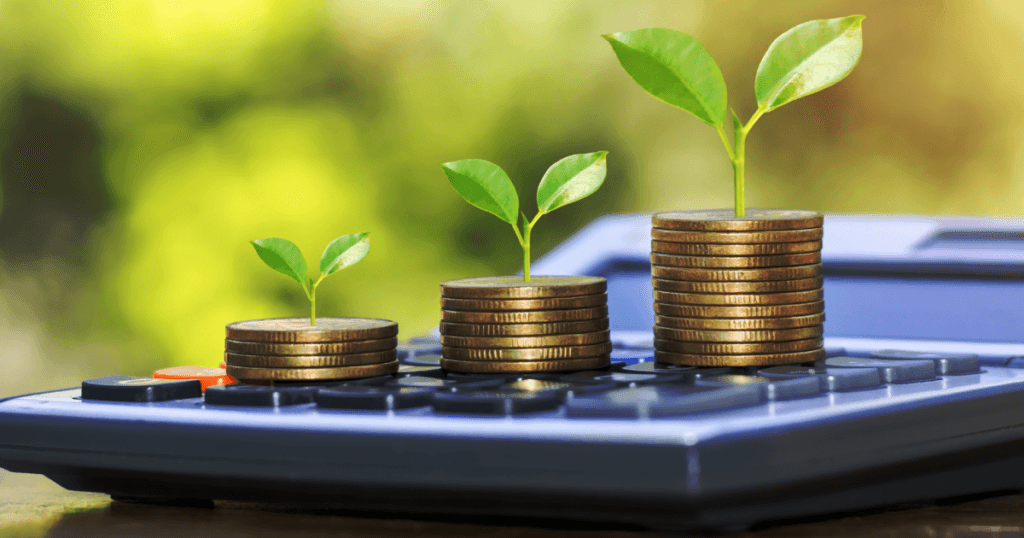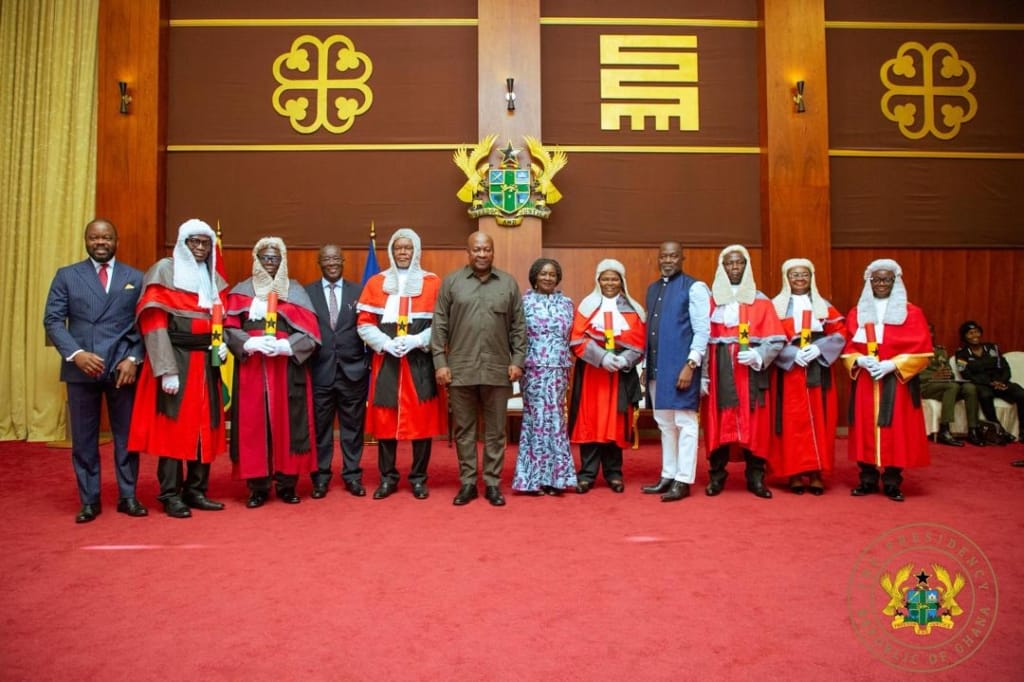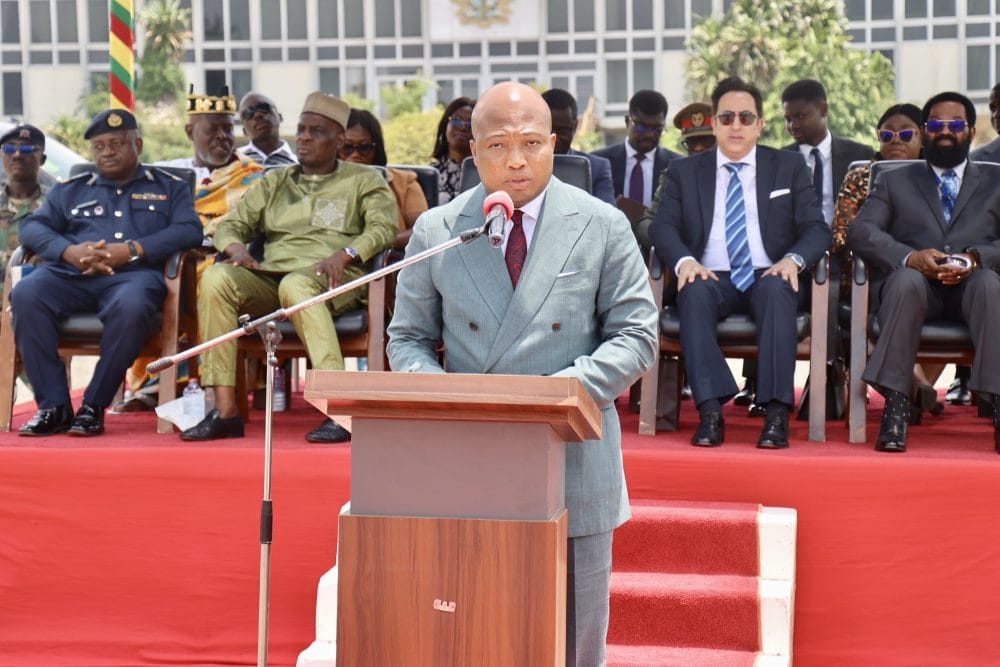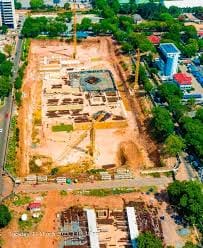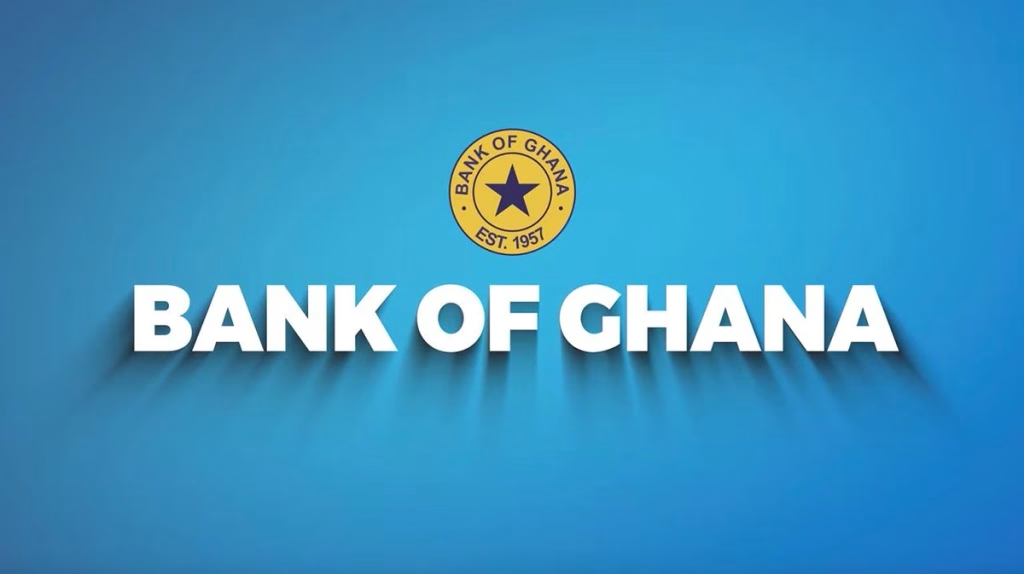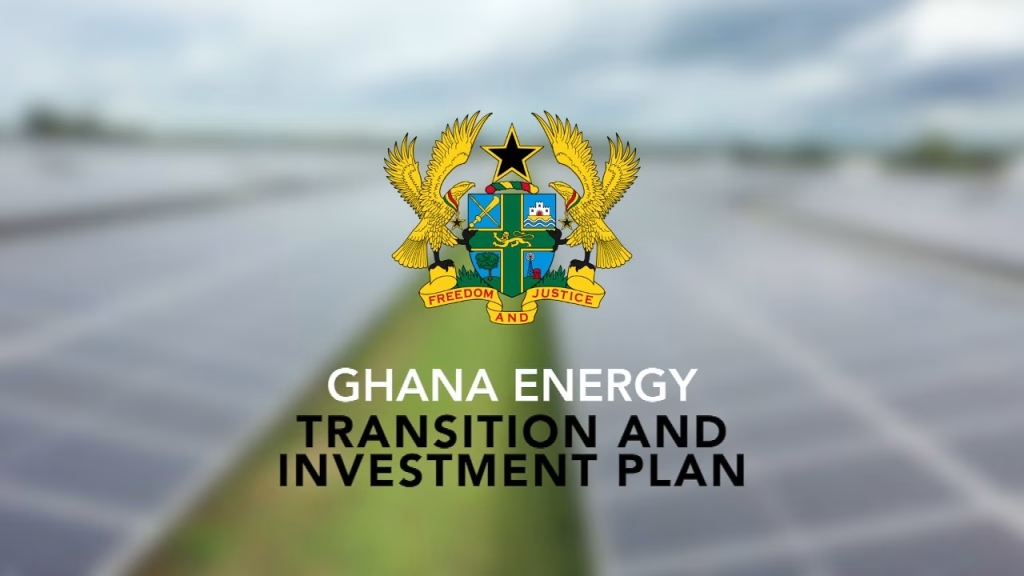Ghana Narrows Fiscal Deficit Target After Strong First Half of 2025
In a strong display of economic discipline and fiscal prudence, Ghana’s Ministry of Finance has revised its 2025 fiscal deficit projection downwards—from an initial target of 4.1% of GDP to 3.8%.
The move comes on the back of a mid-year budget review presented by Finance Minister Dr. Cassiel Ato Forson, which painted a surprisingly optimistic picture of Ghana’s economic outlook, despite global headwinds and domestic pressuresStrong Fiscal Performance in H1 2025
According to the Minister’s report, the actual fiscal deficit recorded for the first half of the year stands at 1.1% of GDP, significantly below the projected path. This performance has enabled the government to recalibrate its spending expectations while maintaining commitment to key programs under the International Monetary Fund (IMF) support programme.
The revised figure reflects a combination of better-than-expected revenue mobilization, tight expenditure controls, and gradual recovery in economic activity, particularly in the non-oil sectors such as services, construction, and manufacturing.
“We are on track to achieving not just stability, but sustainable economic recovery,” Dr. Forson noted during his presentation to Parliament. “This adjustment allows us to maintain momentum while staying within our debt restructuring commitments.”
Inflation Hits 13.7% — Lowest Since 2021
A key highlight of the budget review was the announcement that headline inflation has dropped to 13.7% in June 2025—its lowest level in nearly four years. This marks a sharp decline from the highs of 54% experienced at the peak of the 2022–2023 cost-of-living crisis.
Analysts attribute this improvement to a combination of:
Tight monetary policy from the Bank of Ghana
Exchange rate stability (cedi trading within GH¢11–12 range to the dollar)
Lower global commodity prices
Improved supply chain resilience
The reduced inflation has eased pressure on household consumption and business costs, boosting economic sentiment nationwide.
GDP Growth Trending Upward
Real GDP growth for the first quarter of 2025 reached 5.3%, up from 4.9% in Q1 2024. Sectors such as agriculture and services saw notable expansion, buoyed by favorable weather patterns, digital innovation in financial services, and investments in irrigation and agro-processing.
The strong growth has fueled optimism for a better-than-anticipated full-year outcome. Some think tanks and research houses have revised their 2025 GDP projections upward, with estimates ranging between 5.5% and 6.2%.
Budget Discipline and IMF Alignment
The fiscal adjustment comes as Ghana continues to implement reforms under the $3 billion Extended Credit Facility (ECF) program with the IMF. Key measures include:
Rationalizing public sector expenditure
Boosting domestic revenue mobilization (e.g., through the Ghana Revenue Authority’s digital reforms)
Phasing out inefficient subsidies
Streamlining state-owned enterprise financing
The Ministry of Finance emphasized that this mid-year review was aligned with the second review cycle of the IMF deal, positioning Ghana for further disbursements and maintaining its credibility on the international stage.
Public and Expert Reactions
The announcement has drawn cautious praise from financial analysts, opposition MPs, and civil society groups alike.
Dr. Lord Mensah, a senior finance lecturer at the University of Ghana, commented:
“This level of fiscal discipline is encouraging, especially considering the election year pressures. The key now is consistency—ensuring that this momentum is not reversed by political expediency in Q3 and Q4.”
Meanwhile, others remain skeptical about whether expenditure will stay contained as the country heads into an election season, where spending often rises due to campaign-related activities and social interventions.
External Risks Still Loom
Despite these improvements, the government acknowledged several external risks:
Geopolitical tensions affecting trade
Sluggish recovery in China and Europe
Potential volatility in crude oil prices
Climate change impacts on agriculture
Mitigating these will require continued diversification of the economy and deeper investment in infrastructure, education, and green energy.
Conclusion
Ghana’s narrowed fiscal deficit projection marks a rare economic win in a time of global uncertainty. It signals growing fiscal maturity and reflects a government trying to balance macroeconomic stability with real sector growth and social protection.
The next few months will be crucial in determining whether these numbers translate into sustained improvements in living standards, job creation, and poverty reduction for ordinary Ghanaians.
As the country prepares for the final quarter of 2025 and the 2026 budget cycle, all eyes will be on how the government manages its resources while keeping political temptations in check.
Stay tuned to Savanabit.com for more in-depth updates on Ghana’s economy, tech trends, and political developments.

